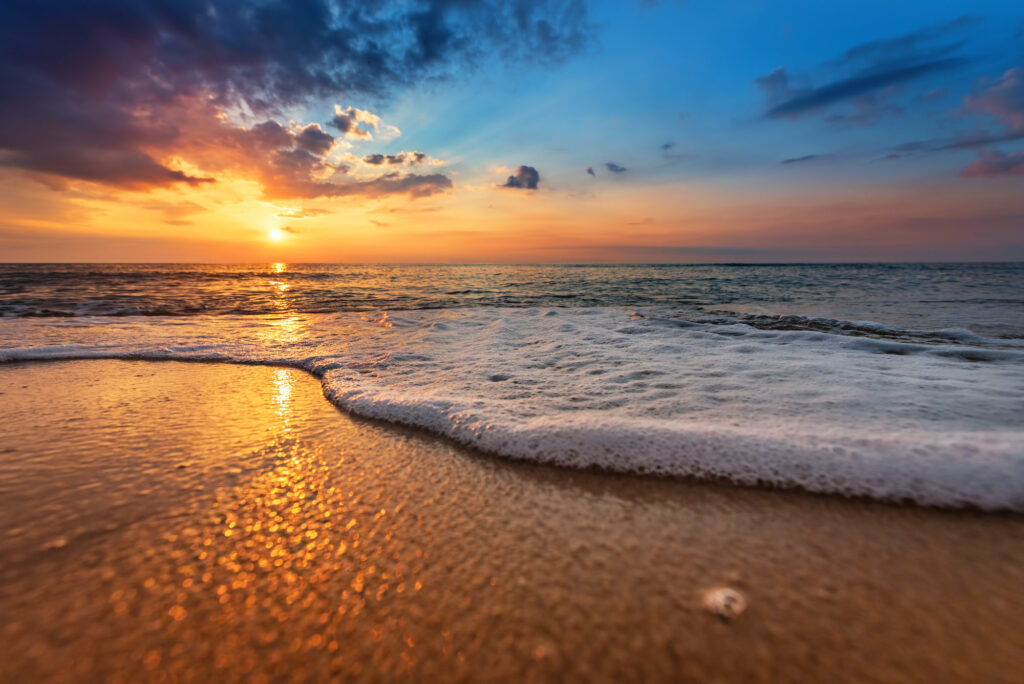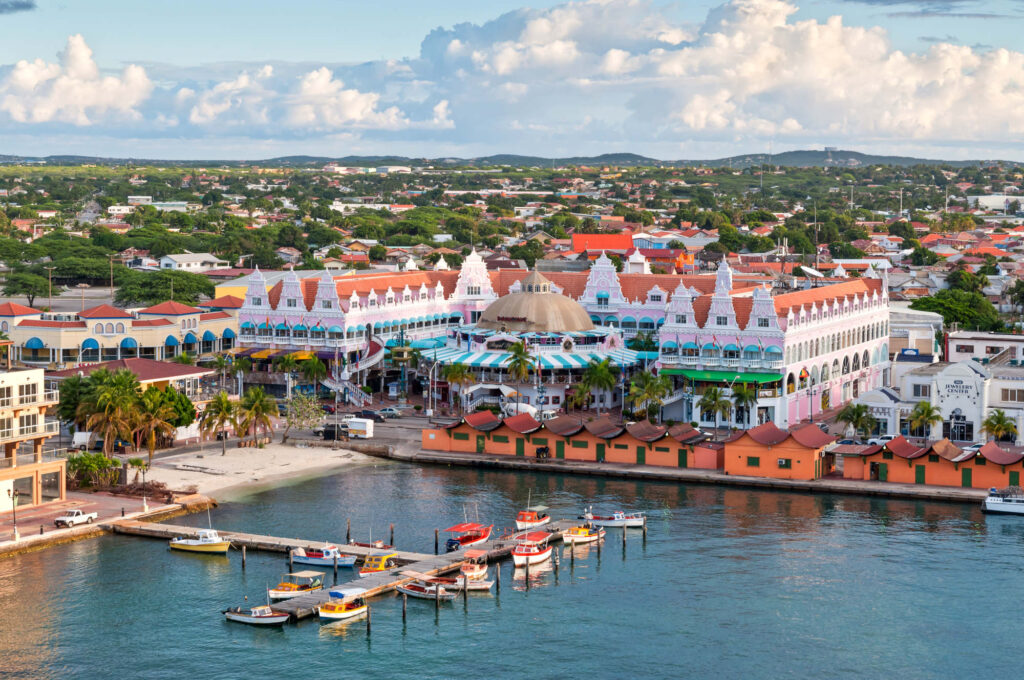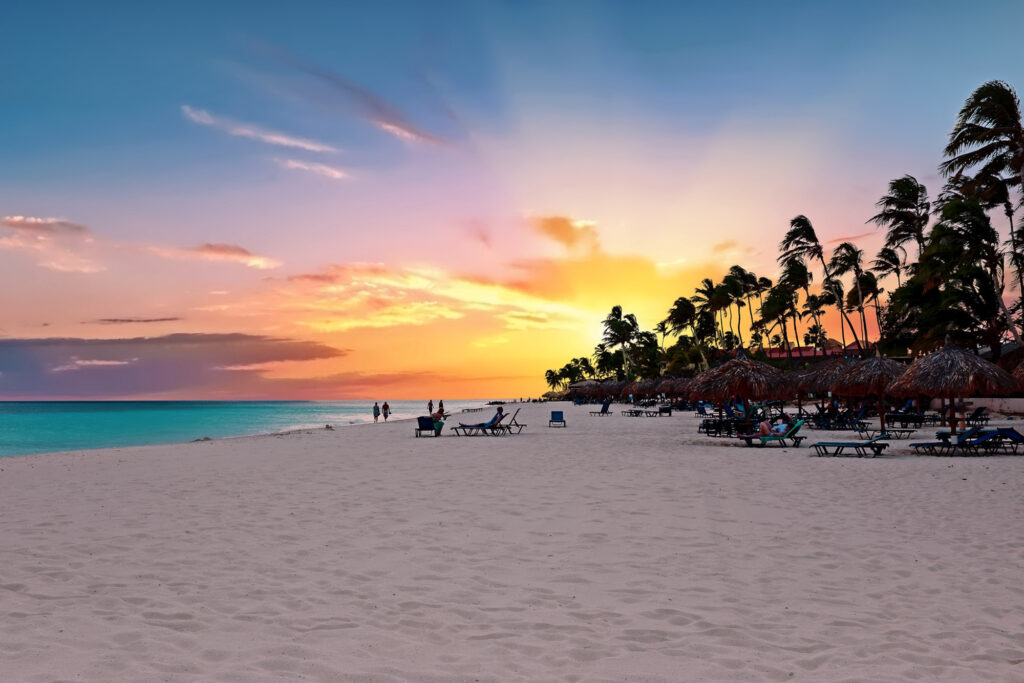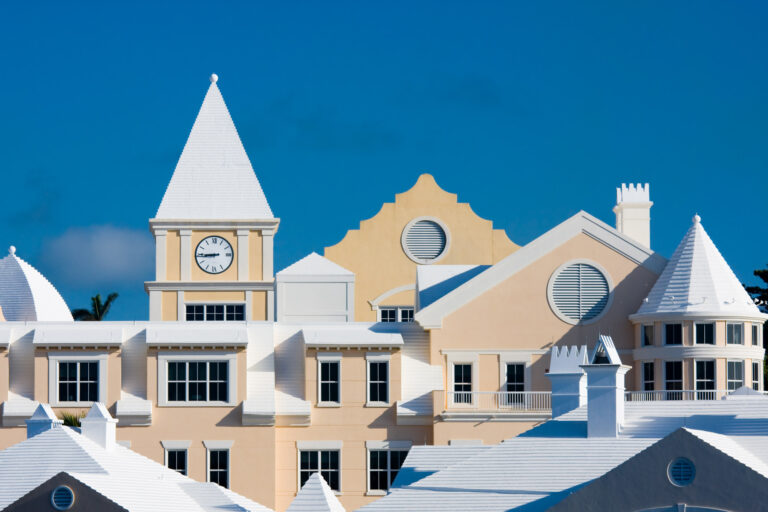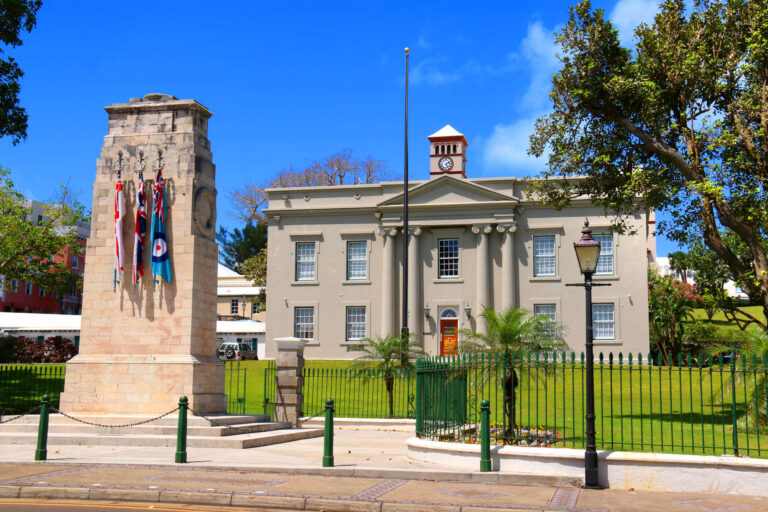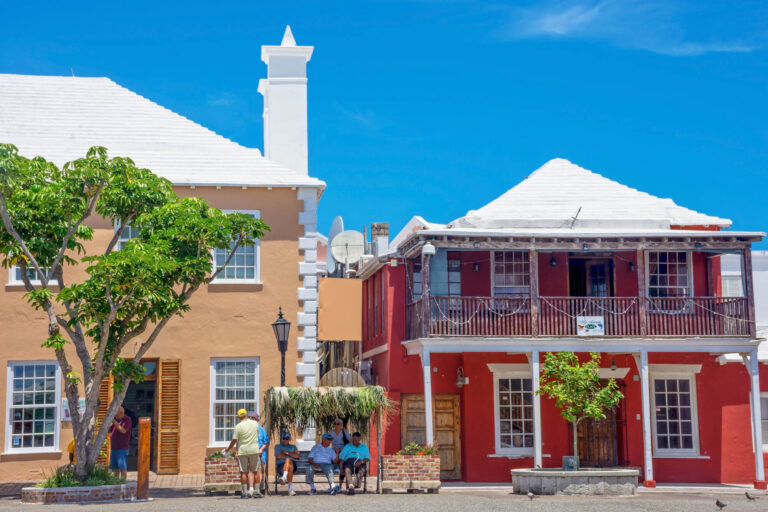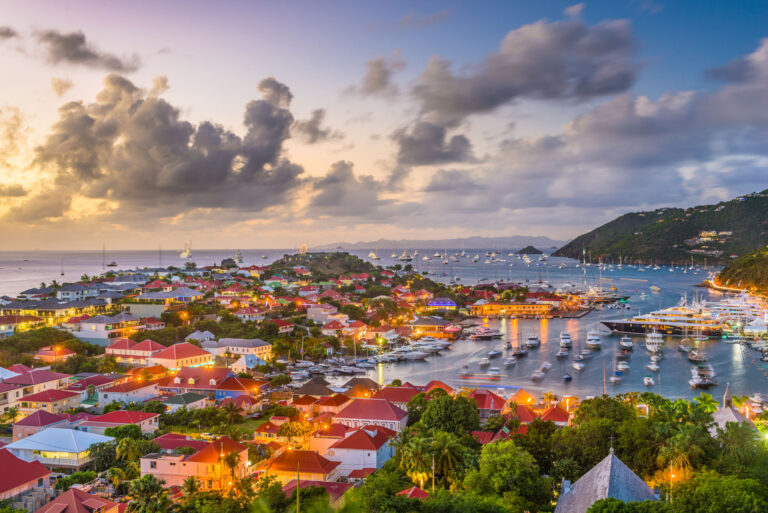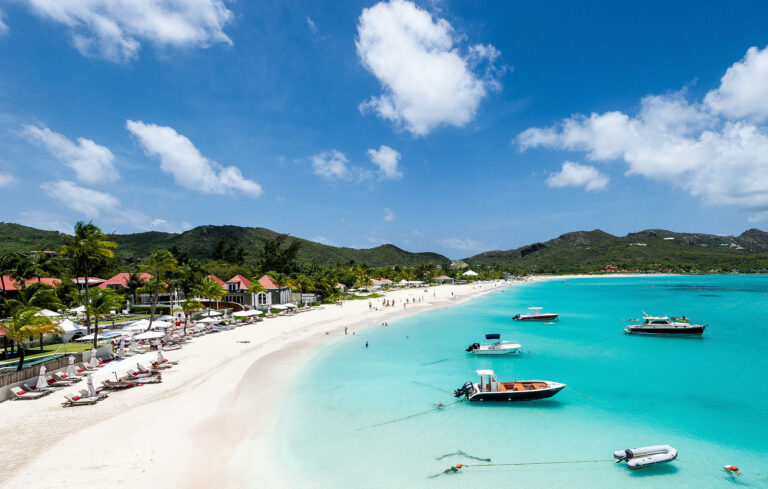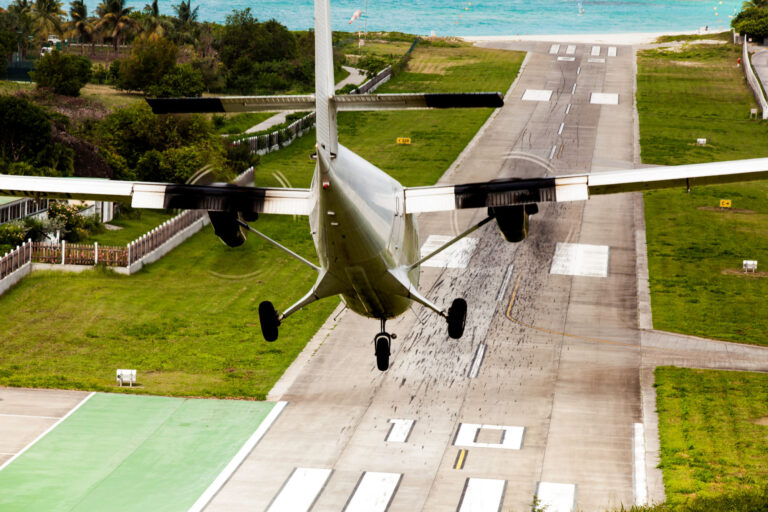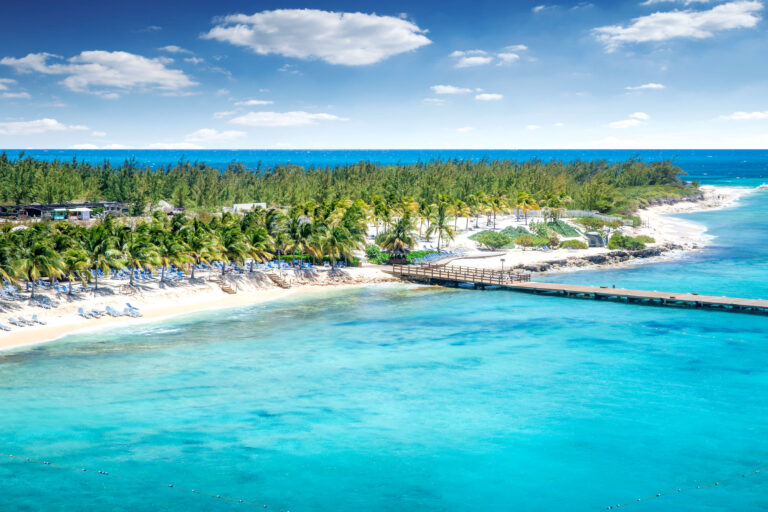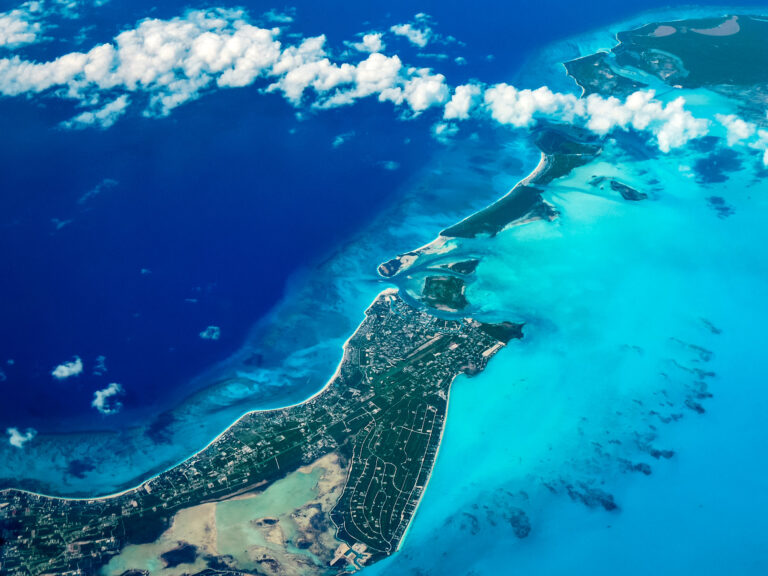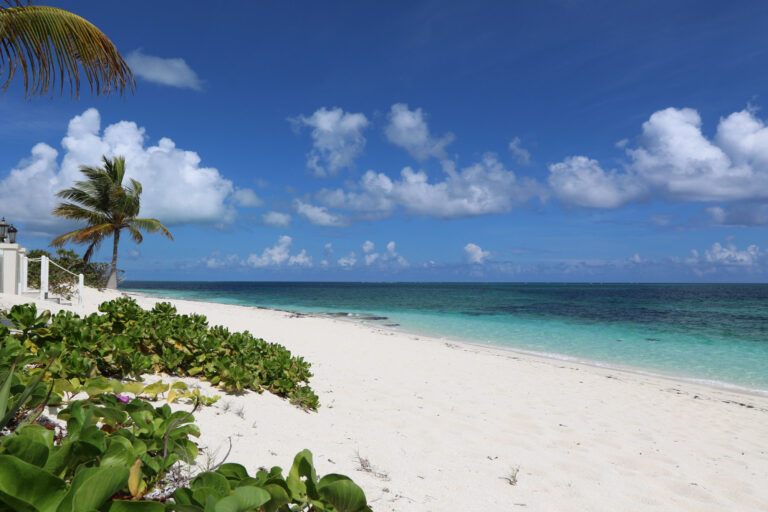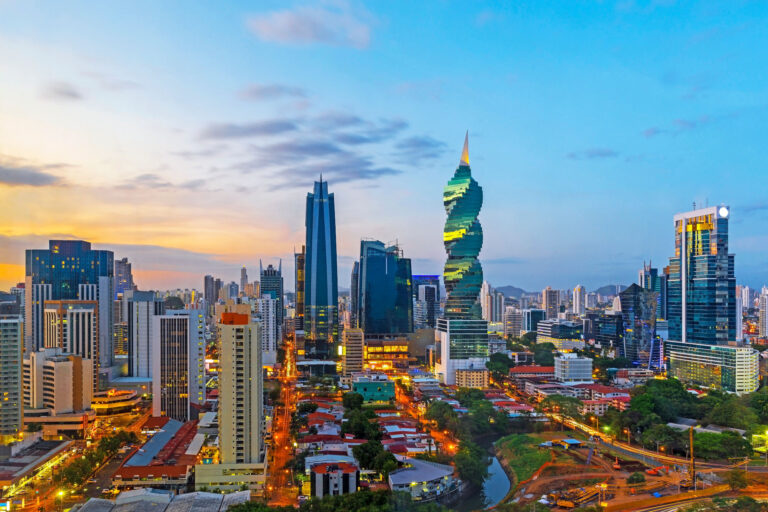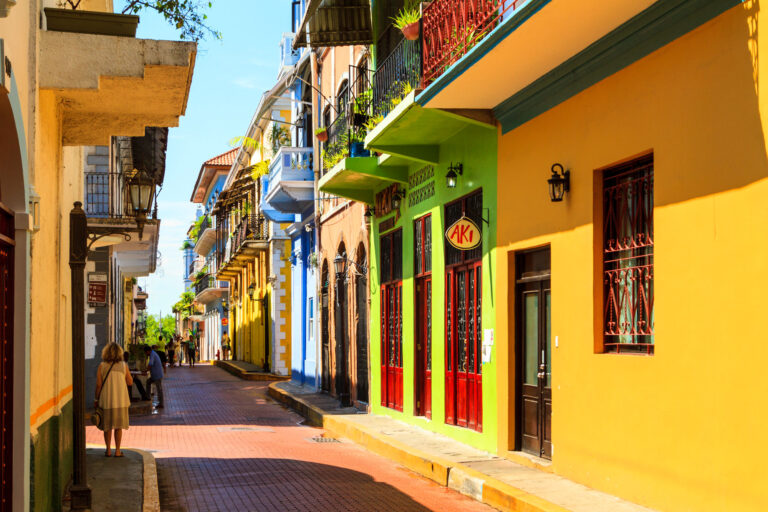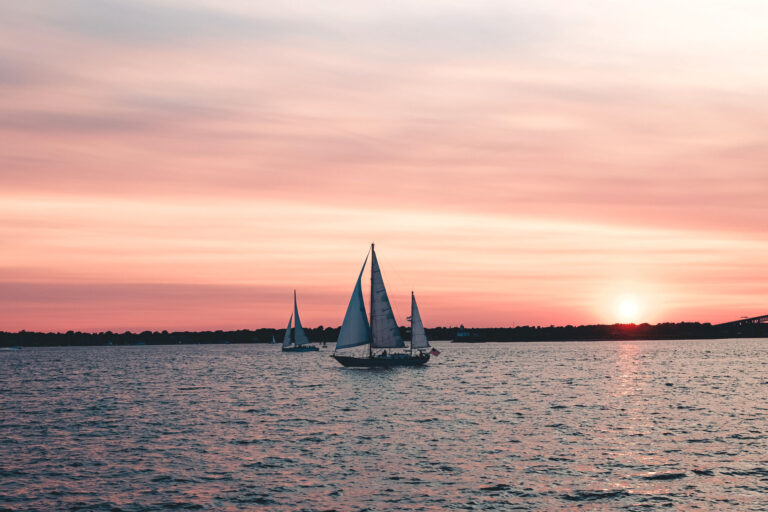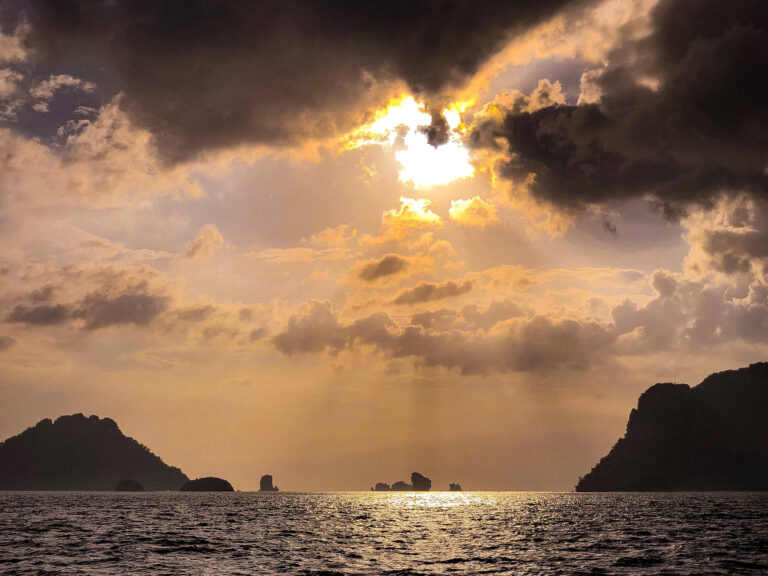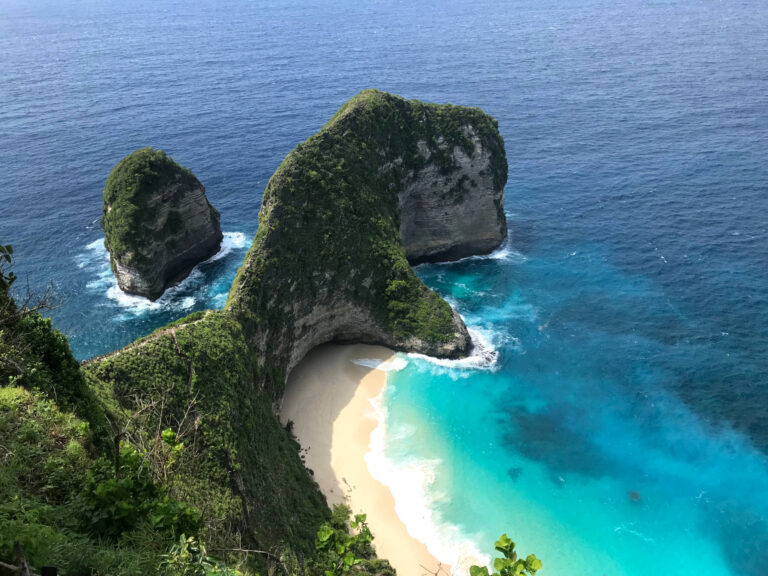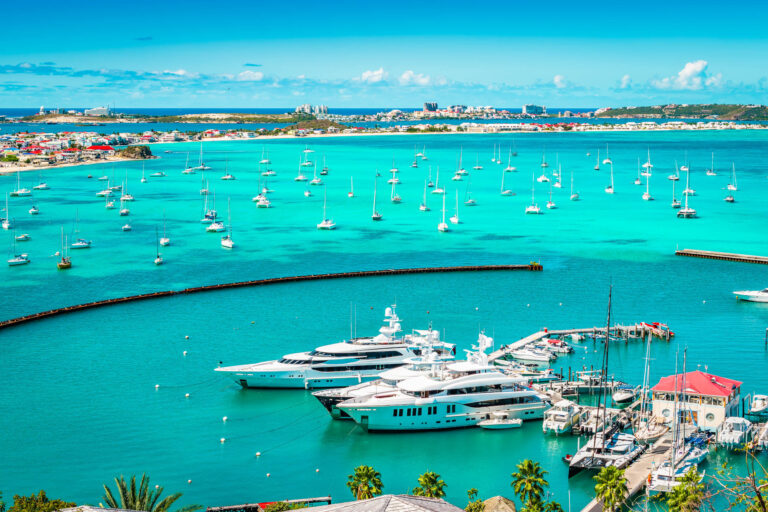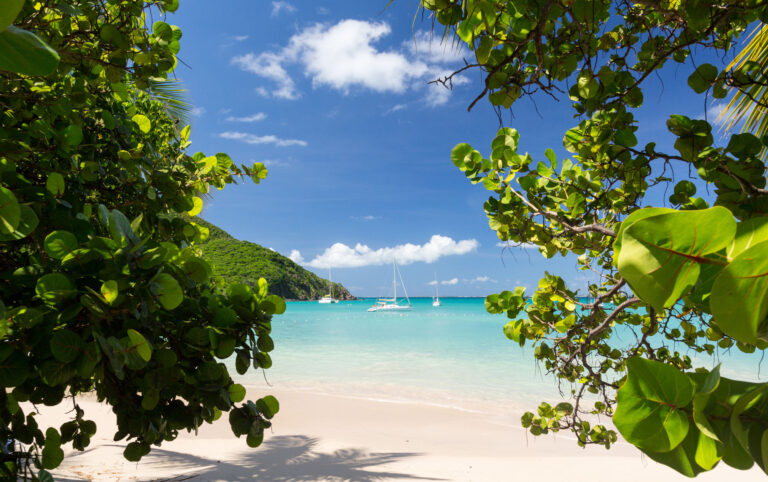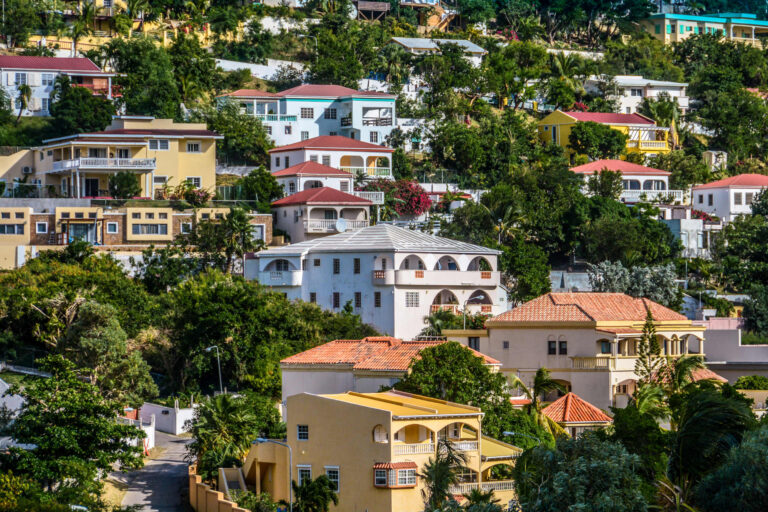
- COUNTRY
- MAIN CITIES
- prev
- next
THE COUNTRY
Discovered and claimed for Spain in 1499, Aruba was acquired by the Dutch in 1636.
The island's economy has been dominated by three main industries. A 19th century gold rush was followed by prosperity brought on by the opening in 1924 of an oil refinery. The last decades of the 20th century saw a boom in the tourism industry. Aruba seceded from the Netherlands Antilles in 1986 and became a separate, semi-autonomous member of the Kingdom of the Netherlands. Movement toward full independence was halted at Aruba's request in 1990.
- Arikok National Park (includes Boca Prins and Natural Pool);
- California Dunes and Lighthouse;
- Alto Vista Chapel
- Private Jets, Helicopters and Airliners
- Finest Onboard Catering
- Ground Transport and Yachts
- Luxury Villa & House Rentals
- Local Guide & 24/7 Assistance
- Customized Global Services
TO BE KNOWN
-
The State's CapitalOranjestad
-
Time ZoneUTC -4
-
Telephone Code297
-
Total Area180 Km2
-
Population12 232
-
Main LanguagesPapiamento
-
CurrencyGuilders/florins (AWG)
-
GDP Per CapitaUSD 38900
-
Airports1
TRAVEL INFORMATION
Tropical marine; little seasonal temperature variation
Dutch 78.7%, Colombian 6.6%, Venezuelan 5.5%, Dominican 2.8%, Haitian 1.3%, other 5.1% (2020 est.)
Wearing swimwear around town is considered rude.
Keshi yena — a large portion of cheese that is hollowed out and stuffed with spiced meat and served either steamed or baked
Small, tourism-dependent, territorial-island economy; very high public debt; COVID-19 crippled economic activity; partial recovery underway via tourism, benefitting from its high amount of timeshare residences; considering reopening oil refinery

